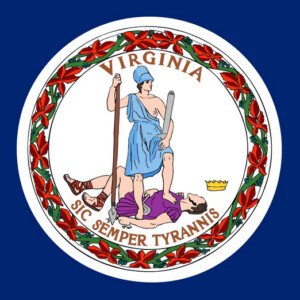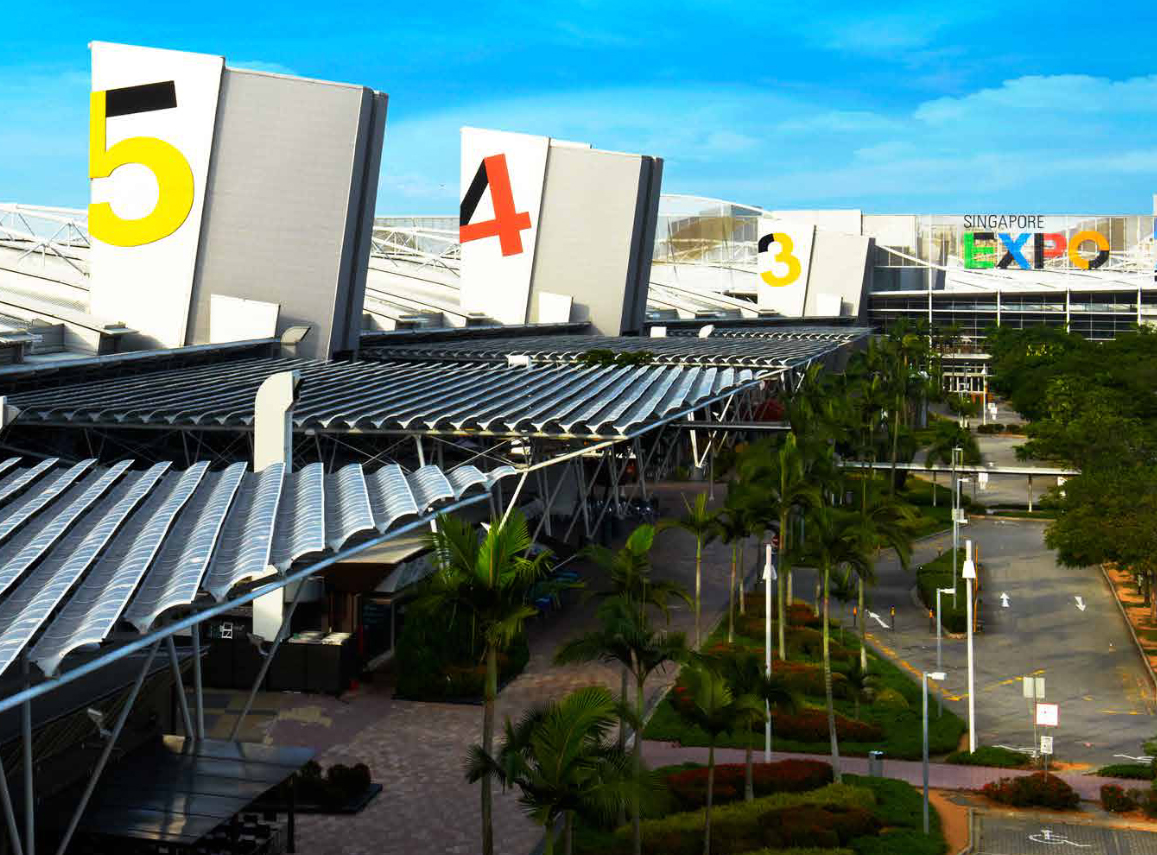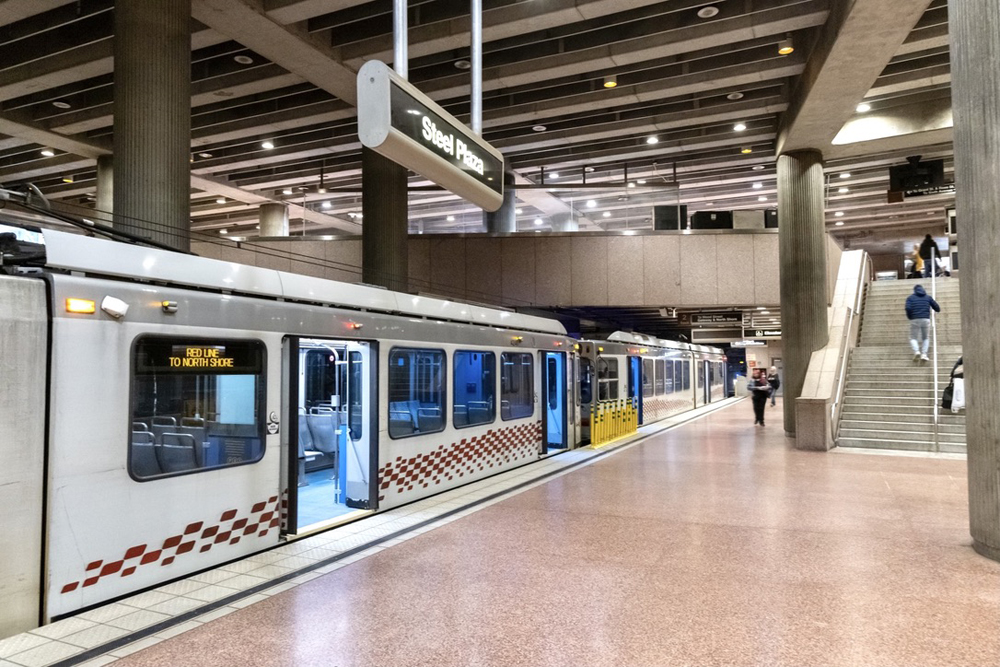
ALEXANDRIA, Va. — The Association of American Railroads has filed suit against a group of Virginia officials, seeking to overturn a law that makes it easier for broadband companies to install lines across railroad property.
The Richmond Times-Dispatch reports the suit was filed in U.S. District Court against the heads of the Virginia Department of Transportation, Virginia Department of Environmental Quality, and State Corporation Commission. It asks that SB 1029 — passed by the state legislature and signed by Gov. Glenn Youngkin in March — be invalidated and that the three agencies named be prohibited from taking any action authorized by the law.
The AAR lawsuit, available in full here, claims that the new law treats railroads “unlike any other landowner, seizing from them and giving to broadband service providers a permanent easement to access and occupy railroad lands.” The suit says this interferes with the railroads’ ability to safely conduct operations and disregards their right to “just compensation” for their land.
The bill establishes a $2,000 fee that broadband companies would pay to cross the property and caps at $5,000 the reimbursement they would pay a railroad for any costs incurred. The law takes effect today (July 1).
The bill’s sponsor, State Sen. Bill Stanley (R-Franklin), said he is confident courts will uphold the bill. He told the newspaper that the suit is disappointing but not surprising, “because the railroads engaged in bullying our Virginia broadband companies that we seeking a fair and equitable solution to this problem during the 2023 legislative session.”














About time the AAR got involved. If those Virginia politicians ever got exposed to how reckless and careless the bulk of the ISP outfits are (and the damage they cause), they might rapidly rethink their positions.
(1) The comments on easements, eminent domain and road crossings are half-truths at best. Railroads hate “easements” for very good reasons and avoid them if at all possible. They want accountability from the fiber people.
(2) The ISP’s complain about timeliness of processing their crossing requests. If the idiots at the ISP land and ROW acquisition arms would consider applying before construction starts instead of waiting until the contractor is approaching the R/W line, things might go a little smoother.
(3) The railroads have volumes of incidents where ISP outfits (The worst of the utility and pipeline entities in general) did not ask for permission at all, changed their route without notifying anybody, took chances, dumped and ran.
(4) Above ground, National Electrical Safety Code violations are common as are the underground installations in an AREMA or NUCA guideline. ISPS do not care about their physical plant or anybody else’s, they are just after the money. Period. The movement to enforce a nationwide S.U.E. standard (See ASCE Title 38) is because of utility industry continued carelessness.
ISPs have lots of cash to give to politicos…
There are communications ‘consultants’ that tell ISPs big and small that since railroads take public monies to upgrade their grade crossings with lights, gates, etc. that makes their rights of way public thoroughfares. They also tell them the RRs cannot refuse their requests, and they cannot charge permit fees to do so. NS has been particularly strident in opposing these ideas, so I’m not surprised it’s bubbled to the surface in Virginia.
This is unusual because not all railroads own their ROW, they too operate over easements granted as long as a railroad operates or there are rails in the ground.
I remember a similar case in Indiana, where CSX was abandoning a large amount of former B&O ROW they had acquired. But CSX wanted to keep the fees the carriers were paying to use said ROW with fiber and cable. The adjoining landowners filed suit saying that once the ROW was formally abandoned, any revenue from the carriers would revert to them. The railroad lost and the carriers had to negotiate a new ROW agreements for their cables underground with the landowners. After that more railroads started landbanking certain ROW’s and not formally abandoning them because they wanted to keep the revenue from the carriers even though no trains use the now rusty rails.
Now, why are carriers using the government instead of working with the railroads directly? That is easy. If the carriers find the entity they are working with as too difficult or too expensive to deal with, they go to their regulator to attempt to get the rules changed in their behalf. AT&T is the master of this world when they tried to get state laws to overrule local franchise laws for cable TV service. AT&T gets so weird, they even challenged a large municipality on where Google could string fiber on the city owned poles.
So I would surmise this is a battle between 2 regulated industries (probably AT&T) who wants unfettered and low costs ways to lay service below railroad ROW’s without having to go through a laborious permitting system.
In some states, RR Companies were granted eminent domain so they could acquire their rights of way, either as an easement or by ownership. If they took an easement, when the RR use ceased the ROW would return to the landowner.
The B&O ROW in Indiana must have been on an easement which is why CSX had to negotiate a new easement for communication lines.
It is not what is right or wrong but…Money…elected and bureaucrat government officials always respond best to money…
Shouldn’t eminent domain legal procedures apply? And why aren’t the ISPs trying to negotiate directly with the railroads instead of getting government involved complications?
The ISP’s must have some really good lobbyists!